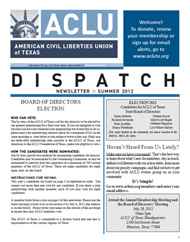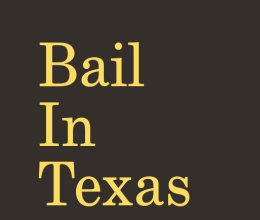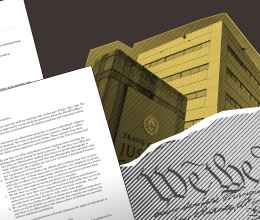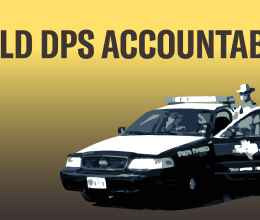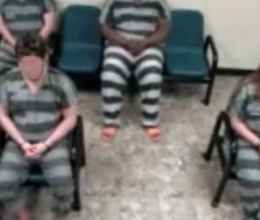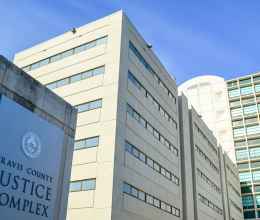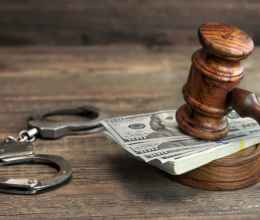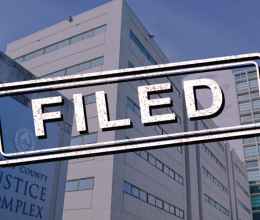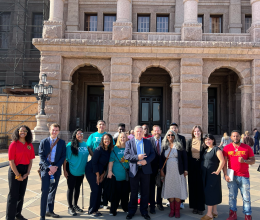
- a.10%
b.15%
c.25%-That's right. The "land of the free" has the highest incarceration rate in the world.
- a.70
b.94
c.114-With more buildings to lock people up than to educate people, Texas must change its priorities. Ensuring that our children have a good education is one of the best ways to keep them out of the criminal justice system. Between 1980 and 2000 the ratio of growth in Texas corrections to higher education spending was 7:1.
- a.True -In this country, we value human rights and we have fought wars over freedom. Unfortunately we still put more people behind bars than any other country in the world. In Texas alone, more than 700,000 people are under criminal justice supervision.
b.False
- a.2
b.4
c.5- Children who have a parent in jail are negatively affected both emotionally and economically. These children are 5 times more likely to end up committing a crime later in life. Also, when a parent is in jail, they are unable to pay child support. Parents who are currently in Texas prisons owe a whopping $2.5 billion in unpaid child support to children who live in Texas. Probation programs for non-violent offenders would allow parents to continue to work and to care for their families.
- a.$2
- b.$5
c.$10
- a.10%
b.37%
c.62% - Yes, you read that correctly. Most of the prisoners in Texas are sitting behind bars having never been convicted of the crime they are held for. Many of these prisoners simply cannot afford bail before a trial. As they await trial, they lose their jobs, are separated from their families, and suffer the stigma of having been sent to jail. All this - before being found guilty or innocent.
- a.True-Our criminal justice system is not color blind. It disproportionally targets people of color. Texas can do better, and it's time we demand change.
b.False
- a.15%
b.31%
c.44%-Although crime rates among different races are not that different, people of color are targeted, arrested, and convicted at higher rates.
- a.Been fairly constant
b.Doubled
c.Tripled-The cost to Texas for imprisoning drug possessors is more than $300 million a year. Throwing people behind bars is a huge money maker for the for-profit prison industry, and the private prison industry has lobbied hard to pass harsher laws that increase incarceration rates for non-violent drug offenses.
- a.True-People addicted to drugs need treatment, not imprisonment. Drug abuse is a public health problem, and can't be solved by the criminal justice system.
b.False
